As a Waste Policy Officer at Zero Waste Europe, Theresa Mörsen acts within the EU institutional bubble, pushing for more ambitious legislation on waste management, food waste, or waste shipments. She also supports the Cities & Communities programme by making the link with European legislation and by identifying good practices to be disseminated across Europe.
Missions Publiques. Managing food waste in an effective way appears to be one of the greatest challenges facing humanity. In what ways?
Theresa Mörsen. Managing organic waste can be pretty much straightforward: it can be composted or digested into biogas. The problem in managing food waste is more upstream: why is it not being consumed? Why is there an overproduction of food stocks in Europe and across the world?
The challenge of food ending up in the waste stream can be broken down into four distinct issues.
First, it is an economic issue because in Europe, we spend €133 billion on food that is never consumed. It’s not only a drain on money that society is missing out on, but also on time and resource: costs associated with EU food waste come to an estimated €143 billion annually. (1)
Food waste generates 8% of annual greenhouse gas emissions, it is a pressing environmental issue. The scale of food thrown away results in 3.3 billion metric tons in annual carbon dioxide emissions. In comparison, if food waste were a country, it would be responsible for more greenhouse gas emissions than any other country in the world, after China and the United States.
Then, in the EU alone, 42,9 million people can’t afford a proper meal every second day(2), making it a social issue.
It’s also an ethical issue because globally we still have huge numbers of people suffering mal nourishment. It’s a fundamental injustice that so much food is thrown away while so many people can’t afford to eat. This consideration aside, the human right to food and the central moral issues of food security, hunger and malnutrition, as well as matters such as worker exploitation and environmental protection and preservation, are also concerns essential to the topic of food ethics.
"The staggering amount of food waste is engrained into our economic system - there is no real incentive to reduce food waste at different levels of the food supply chain.
Theresa Mörsen
Waste Policy Officer at Zero Waste Europe
Missions Publiques. A new report(3) states that the EU is throwing away more food than it imports. In 2021, the EU imported almost 138 million tons of agricultural products, costing €150 billion. At the same time, the report estimates that the EU wastes 153.5 million tons of food each year. How is this possible? What is EU legislation doing wrong?
Theresa Mörsen. Countering food waste in an effective way entails legislation that covers the whole of the food supply-chain instead of considering each step independently: at pre-harvest, during harvest, in factories, in transit, in retail, and at home. It’s a huge problem, in which resources used throughout production – such as water, land and labor – are also wasted.
We are not in the situation of importing food because we don’t have enough food in Europe. We import food because of global market mechanisms, food waste and because we want to taste food that doesn’t grow in Europe, such as avocados for example, that have become increasingly popular in Europe in the last few years. If we stick to this case study, the avocado’s route to Europe is a long one. While some European countries – such as Spain – have started growing avocados, the majority are shipped in from all over the world. The Netherlands imports from Kenya, South Africa, Peru, Mexico, Chile, Israel, just to name a few, and while the fruit is graded, sorted and accepted or rejected at origin (to avoid unnecessary travel and waste), for many, the journey itself has an impact on the quality and those that arrive after being shipped are sorted into ones suitable and not suitable for human consumption. The latter could be bruised or battered from the trip, underripe or overripe, or have a small defect. These, unfortunately, form part of a mountain of waste: over one million avocados a day. We need to look at the systemic issue and address it by shortening the supply chains where food comes directly from the farm to the cities to be directly consumed hence making the time where food can go bad shorter.
Then, there is currently no holistic vision tackling food waste across Europe. We need strong legislation not just at city-level, though there are many local initiatives that have already shown great results and I hope these can serve as a basis for future EU legislation(4). Bruges is a good example of this. The city has built action plans through a participatory approach and the municipality (supported by local organisations) created a local stakeholder council on sustainable food called the “Bruges Food Lab”. After two years only, Bruges became a European forerunner with up to 43% of food waste prevented in the main local hospital, and for every euro invested in preventing food waste the city saved €8 usually dedicated to managing food waste.
I think the real problem is the lack of incentive for us to save food at each of the supply-chain levels mentioned above, there’s no real incentive in the system, even less so among consumers. There is a confusion regarding the “use by date” label where people don’t really know how long food is safe to eat. Instead, the profusion of food offer is engrained in the economic system model: we have overflowing shelves of food coming from all continents in supermarkets around the clock. But let’s be careful not to put the blame on the consumer, that would not be right.
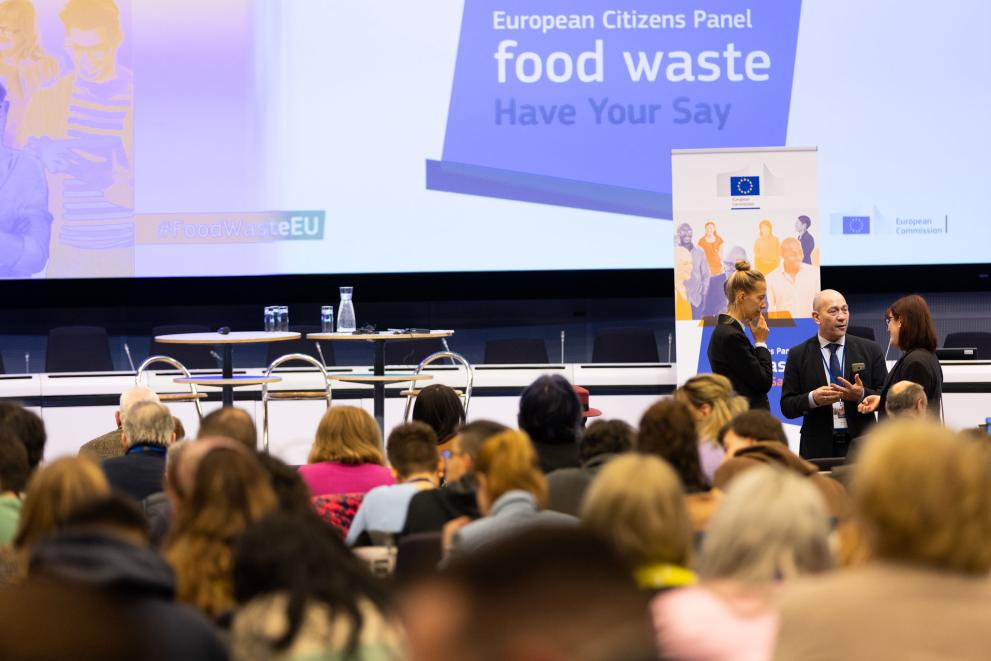
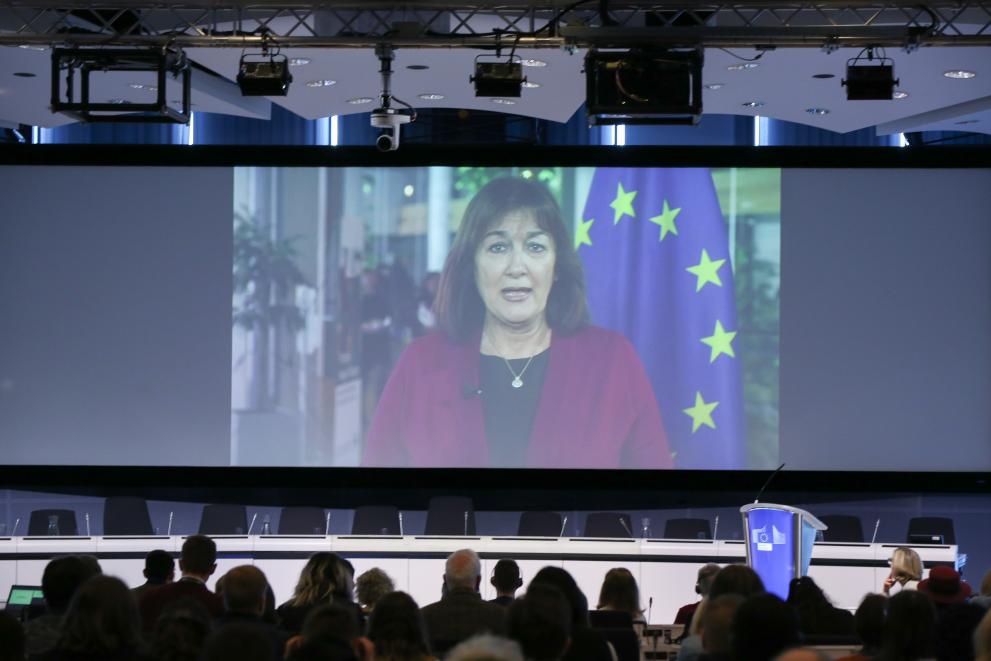
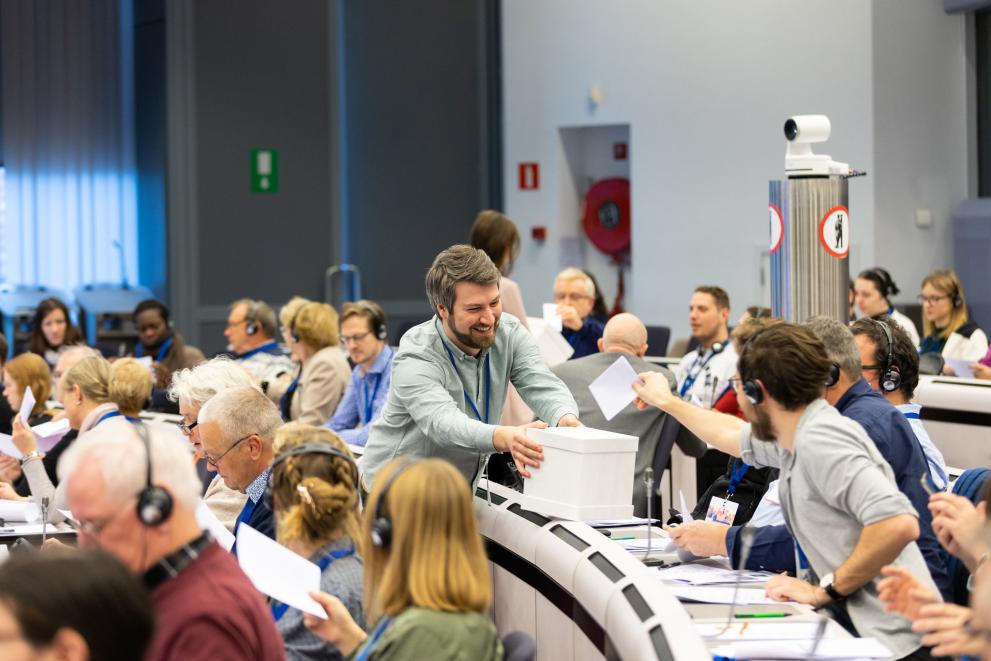
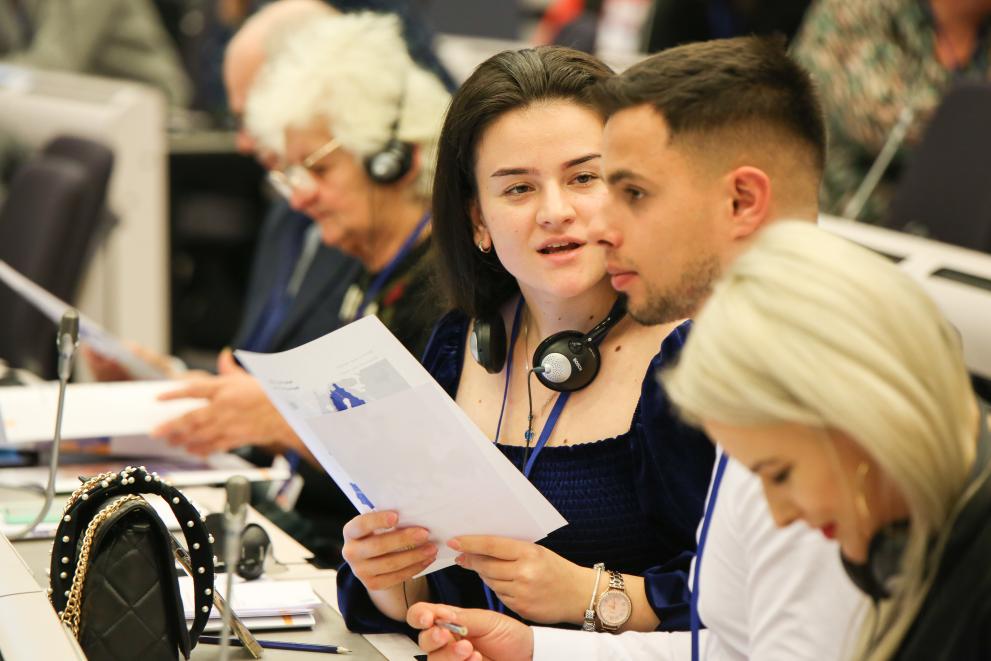
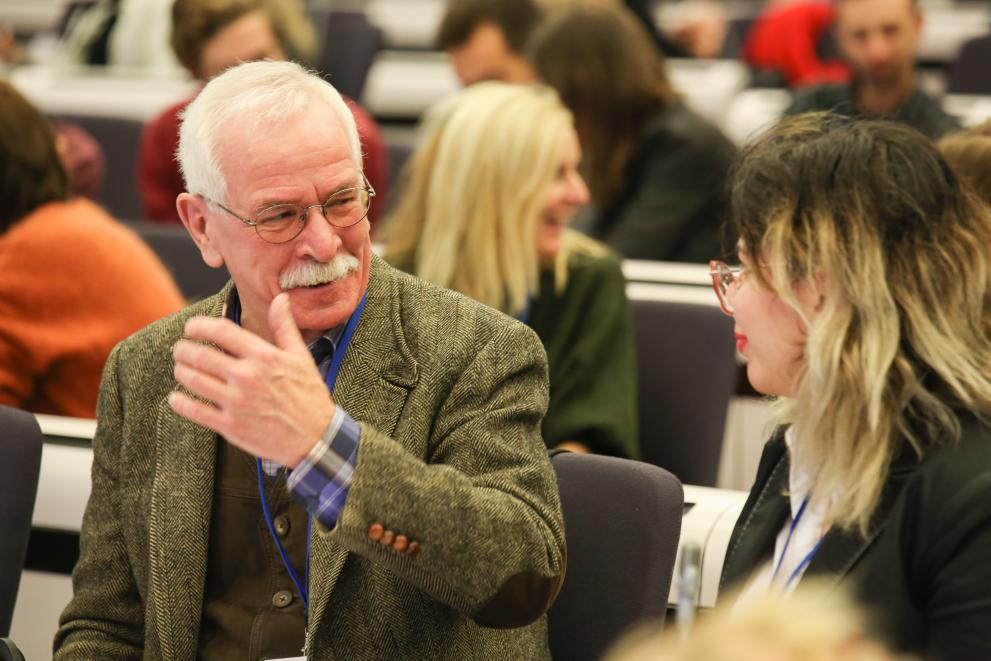
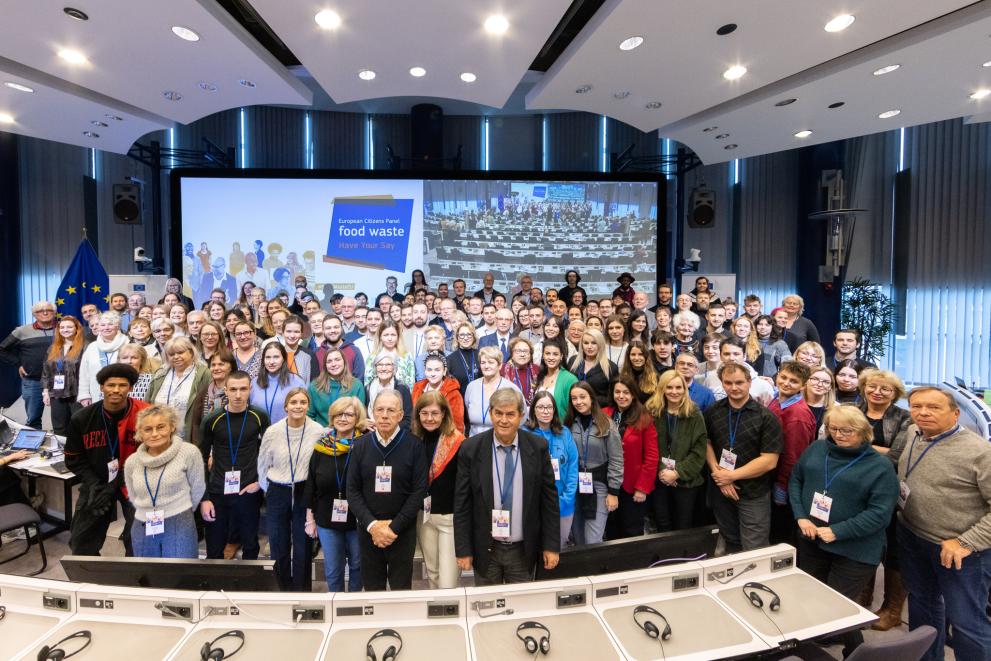
Missions Publiques. Waste incineration and landfilling are still ongoing practices and heated debates across the EU, but both seem to be necessary evils. Do you think there is currently room for reform regarding this and what do you hope to see will come out from the Commission’s Farm to Fork programme?
Theresa Mörsen. A lot is being done and recognised by the EU but unfortunately there are a lot of wrong incentives in EU policy such as closing landfills and moving to incineration because it is seen as the cleaner solution. Many countries have already done that such as Belgium, the Netherlands, Denmark, Sweden, Germany, Austria and Finland(5).
But there is more than one reason why incinerators are not the clean solution they are thought to be. If we keep generating more waste (and food waste) and sending it to incinerations, we are locking ourselves into a toxic cycle of producing CO2 emissions through incinerators(6). There is no incentive of reducing or recycling waste after building the incinerator because it needs to constantly be filled with waste to produce energy. Not only do incinerators emit carbon, but they also leave residues, bottom ashes, behind that is usually toxic. This toxic residue has to go somewhere, and it goes to…landfills. So now we’re at a stage where there’s landfilling after incineration. And of course, we’ve studied the surrounding of incinerators and the idea that they are the safest and cleanest solution is just not true: we found high levels of persistent organic pollutants (POPs) in the direct vicinity of incinerators(6). I would go as far as to say that if there is a public health issue here.
It also leads us away from the actual goal we should have which is reducing waste and making sure that nothing actually ends up in incineration and landfilling.
I would like to emphasize that the European Commission’s programme “Farm to Fork”, which the European panel on food waste will contribute to(7), was not called “Shop to Fork”. With this in mind, addressing such issues specifically requires a holistic vision leading to coordinated actions all along the food supply chain, not only from retail onwards. The Commission’s strategy presents a great opportunity to profoundly reshape our relation to food and design food waste, hazardous chemicals and overpackaging out of our food system.
We need an approach that is equal across the EU, and this should come together with a binding 50% reduction target of food waste from farm to fork to be achieved by 2030.(8)
(2)Data from https://zerowasteeurope.eu/wp-content/uploads/2019/11/zero_waste_europe_policy_briefing_food_systems_en.pdf.
(3)The report No Time to Waste’ from Feedback EU, published in September 2022
(4) More info on Zero Waste Cities programme here: https://zerowastecities.eu/
(5) https://www.europarl.europa.eu/news/en/headlines/society/20180328STO00751/eu-waste-management-infographic-with-facts-and-figures
(6) https://zerowasteeurope.eu/library/the-true-toxic-toll-biomonitoring-research-2022/
(7) Read more on the European Panel on food waste: https://commission.europa.eu/system/files/2022-12/Information%20kit%20Citizens%20Panel%20Food%20Waste%20final%20online%20version.pdf
(8) Read ZWE’s position here : https://zerowasteeurope.eu/wp-content/uploads/2020/03/zero_waste_europe_reaction_farmtoforkstrategy_en.pdf






